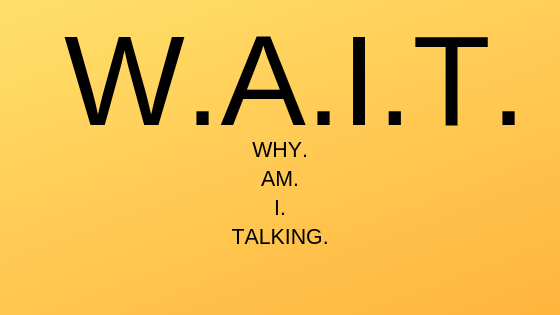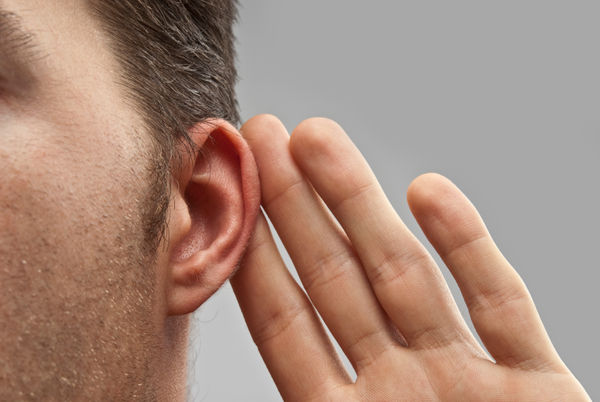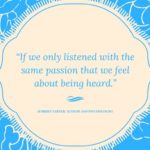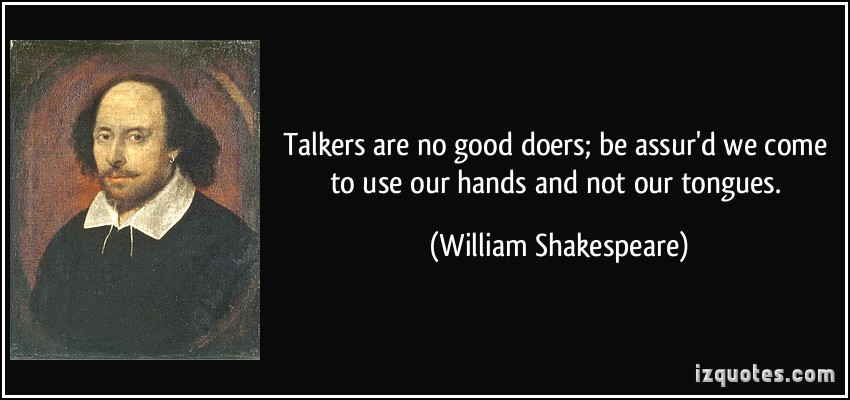“The word ‘listen’ has the same letters as the word ‘silent.’”
—Alfred Brendel, Austrian pianist, poet and author

Image from Unsplash by Jodie P.
How high would you rate yourself in the category of listening?
How close do you come to the two-to-one ratio implied by the fact that you have two ears and only one mouth?
What makes this skill so very difficult?
Perhaps it has to do with the fact that we almost always listening to our own inner thoughts and opinions instead of granting others the respect and honor of our silence and full attention.
EXERCISE:
With whom in your personal or professional communities would it make the biggest difference if you silenced your inner voice and listened far more deeply?











